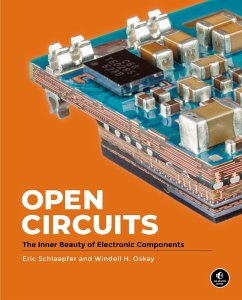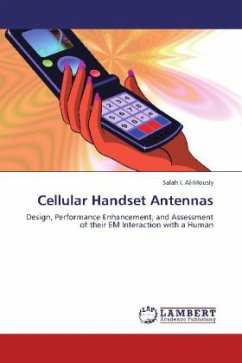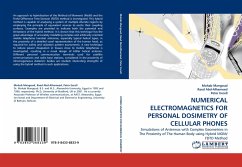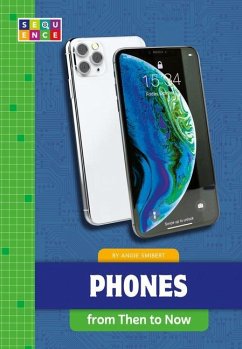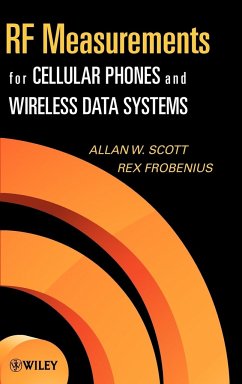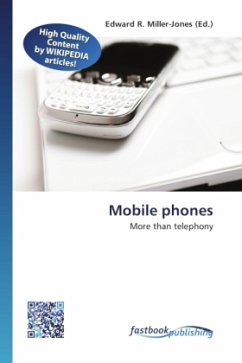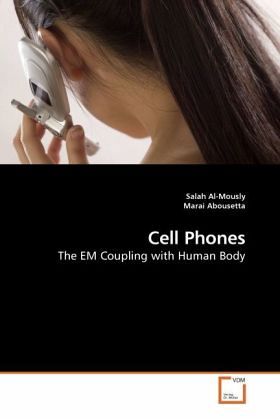
Cell Phones
The EM Coupling with Human Body
Versandkostenfrei!
Versandfertig in 6-10 Tagen
45,99 €
inkl. MwSt.

PAYBACK Punkte
23 °P sammeln!
Tremendous use of wireless mobile telephony around the globe by people of every age and every walk has spontaneously given rise to the debate about health hazards associated with the use of these devices, thereby emerges a need for research on the EM coupling between cell phone antennas and the human so as the anticipated hazards could be confined to the lowest level. Some scientific studies have linked use of cell phones to headaches, memory loss and cancer, while the industry claims that they are perfectly safe. One well-understood effect of the cell phone radiation is the thermal effect. Th...
Tremendous use of wireless mobile telephony around the globe by people of every age and every walk has spontaneously given rise to the debate about health hazards associated with the use of these devices, thereby emerges a need for research on the EM coupling between cell phone antennas and the human so as the anticipated hazards could be confined to the lowest level. Some scientific studies have linked use of cell phones to headaches, memory loss and cancer, while the industry claims that they are perfectly safe. One well-understood effect of the cell phone radiation is the thermal effect. This book, therefore, investigates the EM coupling between cell phones and human and the factors that may influence this coupling. This book presents a procedure of the computational dosimetry of cell phones, including SAR and the consequence temperature rise evaluations in the head tissues, for different realistic usage patterns and conditions. The contents of this book should be helpful to practicing engineers, graduate students, and professors engaging in evaluating the coupling between cell phones and human, or anyone else who may be interesting in evaluating the cell phone thermal effect.





